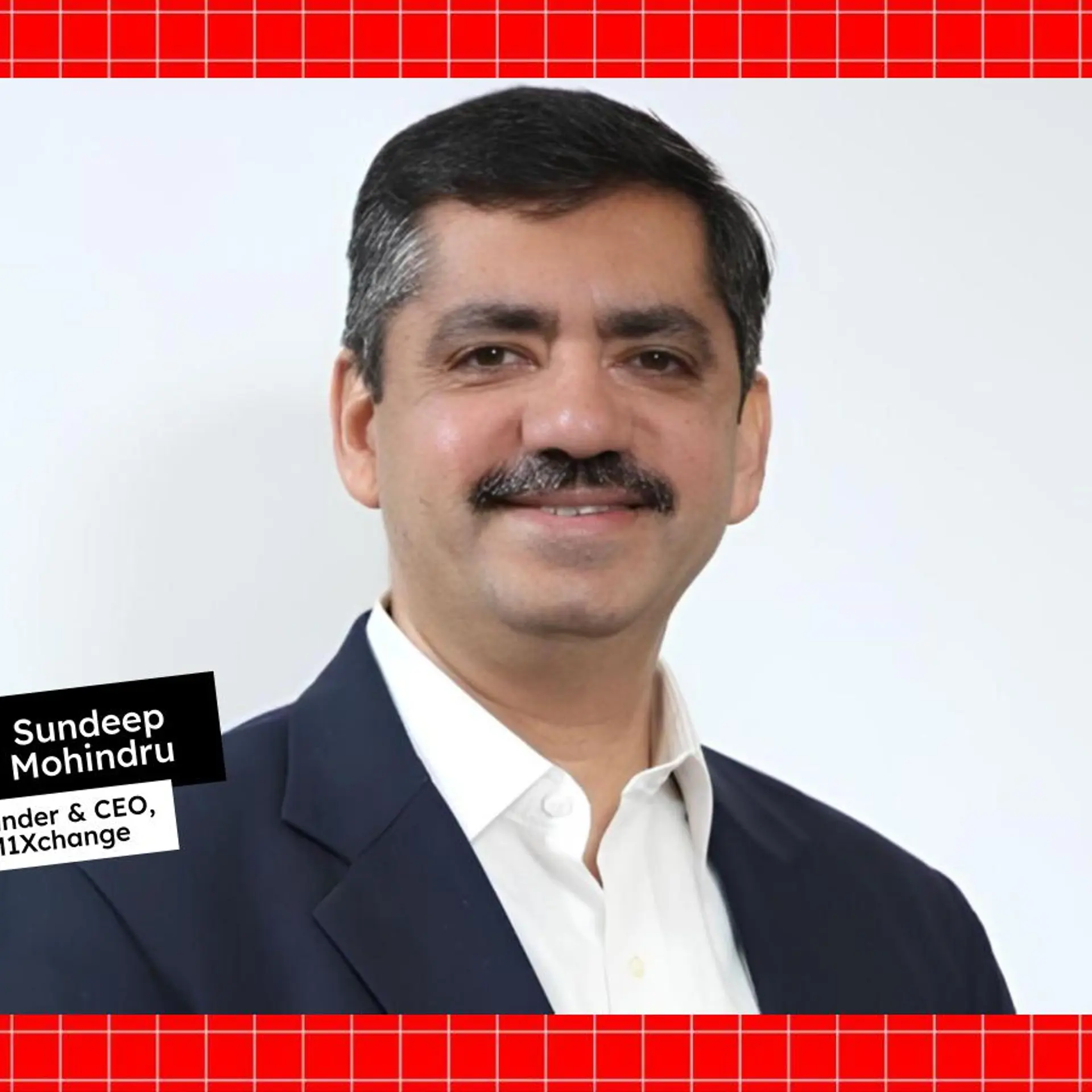
Incedo Inc
View Brand PublisherFor success in the digital age, write your own job description, advises Incedo CEO Nitin Seth
When the COVID-19 pandemic forced offices to shut down in 2020, executives and CEOs alike started working from their homes. For Incedo CEO Nitin Seth, the time away from the office finally gave him the time to achieve a long-harboured dream — to write a book.
As Nitin doubled down to crystallise decades’ worth of learning into a 550-page book, little did he expect the success that awaited him. Published by Penguin Random House,
‘Winning in the Digital Age’ decodes the process of digital transformations, while breaking them down into seven building blocks and guiding the reader to how they could be mastered.
The bestseller introduces the readers to the unique opportunities that the digital age could offer them and how it could help them unlock their true potential.
An alumnus of IIM Lucknow and IIT Delhi, Nitin has watched the digital age transform India very closely during his stints with leading IT and e-commerce companies. From taking McKinsey’s Global Knowledge Centre in India to new heights to helping Flipkart tide over many a crisis and enabling Fidelity to explore new avenues of growth, Nitin has had vast experience in helping organisations champion innovation and discover new opportunities.
In a conversation with YourStory CEO Shradha Sharma, Nitin talks about his labour of love, his journey from an entrepreneur to a writer and how India is poised to become a world leader, among many other insights.
Here are some key takeaways from the engaging conversation:
CEO dons writer's cap
Nitin’s tryst with writing started almost 10 years back when he wrote blogs to capture his thoughts and went on to write columns for media publications. He didn’t think of writing a book until his team suggested that he compile these thoughts into a book. The book hit the stands on March 11, 2021 and has been drawing a lot of attention with its hard-hitting insights.
Talking about his experience of writing the book, Nitin said, "The book was a marathon of 10 years and then turned into a sprint of two months. Every cloud has a silver lining, for me it was the pandemic as it gave me the opportunity to focus on the book."
He also said that he was inspired to write the book after noticing that despite the rising investments in digital initiatives, almost 70 percent of them failed shortly after being launched. “It is estimated that over the next three years, around $7 trillion are to be spent on digital transformations globally, that's three times India's GDP,” he added.
It's raining digital transformations amidst the pandemic
Explaining his observations about digital transformations during the pandemic, Nitin said that he saw his clients achieving digital growth goals in less than 12 months that were meant to be achieved over 3-5 years.
"There has been an acceleration of digital transformation across sectors like banking, healthcare and telecom and even in industries like pharmaceuticals and industrials, which usually take time to warm up to digital solutions."
He also noted that if there were any concerns about adoption of cloud — public or private cloud — they were swept aside by the sheer force of the increased demand for online solutions during the pandmeic.
India well placed to take advantage of Industrial Revolution 4.0
Nitin said that he was very optimistic about India's future as the country had always managed to bounce back despite its share of disasters.
"If you look at the various waves of the Industrial Revolution, you will see that every wave has caused a change in the world order. Given how the digital age is often referred to as the fourth Industrial Revolution, I very strongly think that this is our moment," he said.
He cited several reasons that contributed to his optimism. “For starters, there is smartphone penetration. Some 900 million Indians have access to mobile phones which is more than the number of people with access to sanitation. Another reason is the Aadhaar stack that is building on capabilities," Nitin explained.
He went on to describe how low costs of data, an agile IT industry and an age pyramid that boasted of over a billion people under the age of 35-40 years were among the fundamental factors that were boosting India's chances.
How can India become a global leader?
By unleashing the entrepreneurial energy of young Indians, quipped Nitin. He described India's age pyramid as a valuable asset. "We need to unleash an entrepreneurial revolution and create millions of entrepreneurs. We need to create the right role models and build ecosystems at micro-level for different industries," he said.
He also said that the next generation of entrepreneurs is not going to come from big metros, but from smaller towns and the rural side of the country. "The composition of the next generation of entrepreneurs is going to change over the next 15 years, just like that of the Indian cricket team. After drawing talent from bigger cities for years, the Indian cricket scene is now dotted by talent from smaller towns," said Nitin.
Advice to youths: always write your own job description
Nitin advised youths to write their job description rather than blindly following what they are told to do. He said that when he sees an opportunity that's good for the company, he pursues it irrespective of whether he would get the credit for it or not.
"At McKinsey, I took over a knowledge centre that was the back office of a back office. I turned that into one of the most productive innovation hubs of the world. If I followed what was expected of me, I would have never been able to do it," he said.
Another piece of advice that he had for aspiring entrepreneurs was to value relationships in life. "One of my seniors once told me that there are only two ways to succeed: you either need to know something or you need to know someone. Initially, I felt that it was very superficial. I thought that the need to know the right person to succeed was cheating, but I now see the power of relationships and investing in it. And, when I look at my life now, so much of it is driven by relationships."
Why purpose and values are replacing strategies in boardrooms
The CEO-turned-author said that in the digital age, strategies are fast being replaced by conversations around purpose and values. He said that even though businesses have historically been driven by strategies, they don't always work in a digital world. In fact, they end up shackling you in a world that is changing very fast.
"Muhammed Ali once said that everybody has a plan until they get punched in the face. And in the digital age you get punched in the face all the time. Strategies can't always help you. What actually can help are the purpose and values of an organisation as they are more durable than strategies. More leaders are talking more about purpose and values as they are a lot more of a north star than strategy is," Nitin explained.
To get your copy of Nitin Seth’s bestselling book ‘Winning in the Digital Age’,







